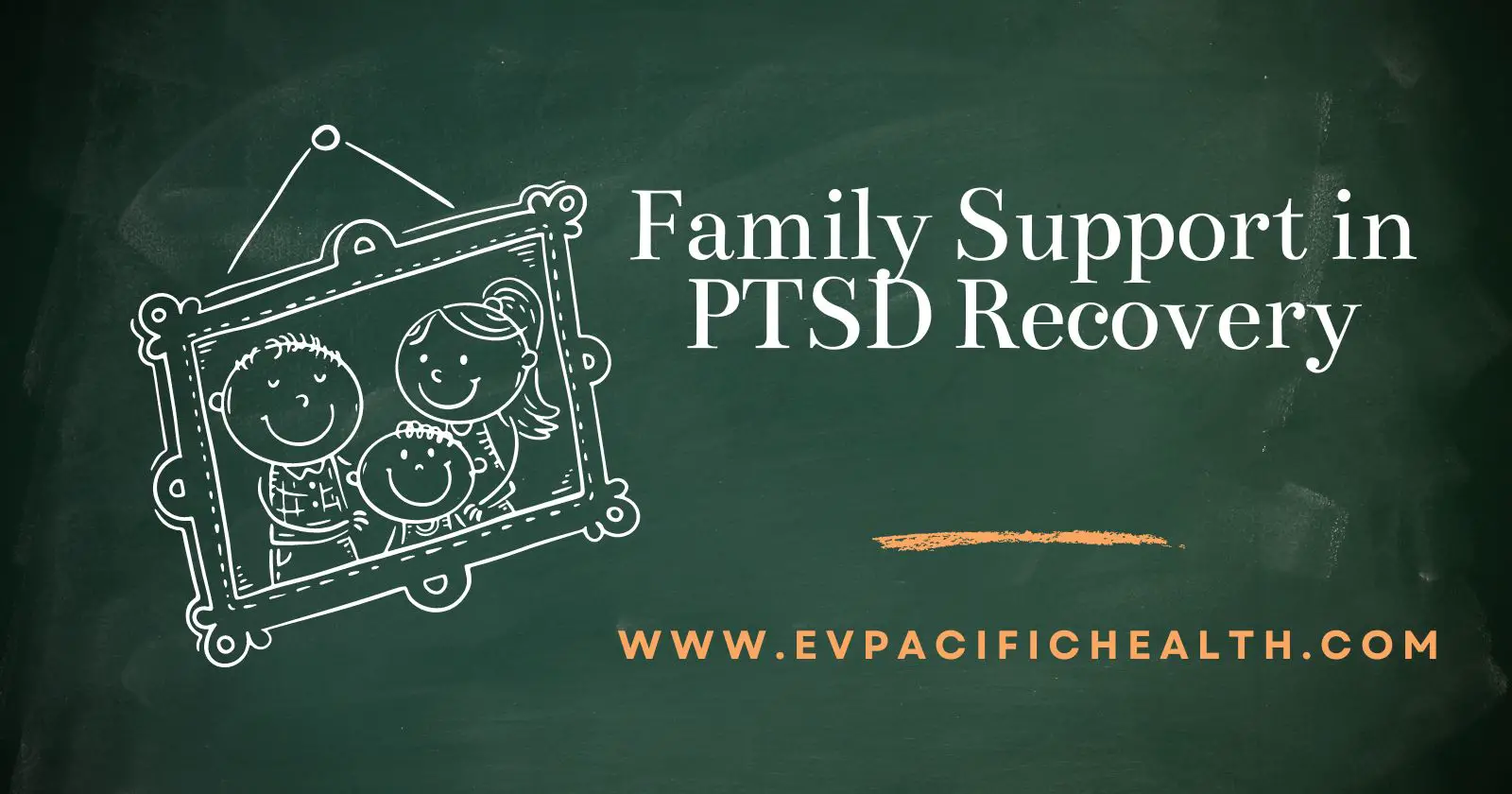Posttraumatic stress disorder (PTSD) is a mental health condition that can develop following exposure to traumatic events such as combat, accidents, natural disasters, or assault. PTSD family support and close friends can play a crucial role in the recovery process. By understanding the challenges faced by their loved ones, family members can provide necessary emotional support and encourage contact the individual to seek professional help when needed.
Family support in the context of PTSD recovery involves active listening, empathy, and patience. It’s essential for family members to educate themselves on the various aspects and symptoms of PTSD to comprehend better and address the needs of their loved ones. Despite the potentially triggering nature of conversations about traumatic experiences, discussing the individual’s feelings and thoughts in a safe, non-judgmental environment with a family therapist can help process the trauma and alleviate some of the stressors associated with PTSD.
In addition to emotional support, families can also assist in maintaining routines and structure for the individual with PTSD. This can help reduce anxiety and promote a sense of stability during the time out the recovery process. Equipping family members with the knowledge and tools to provide support can ultimately foster healing and improve overall mental health for both the individual affected by PTSD and the entire family.
Understanding PTSD Family Support System
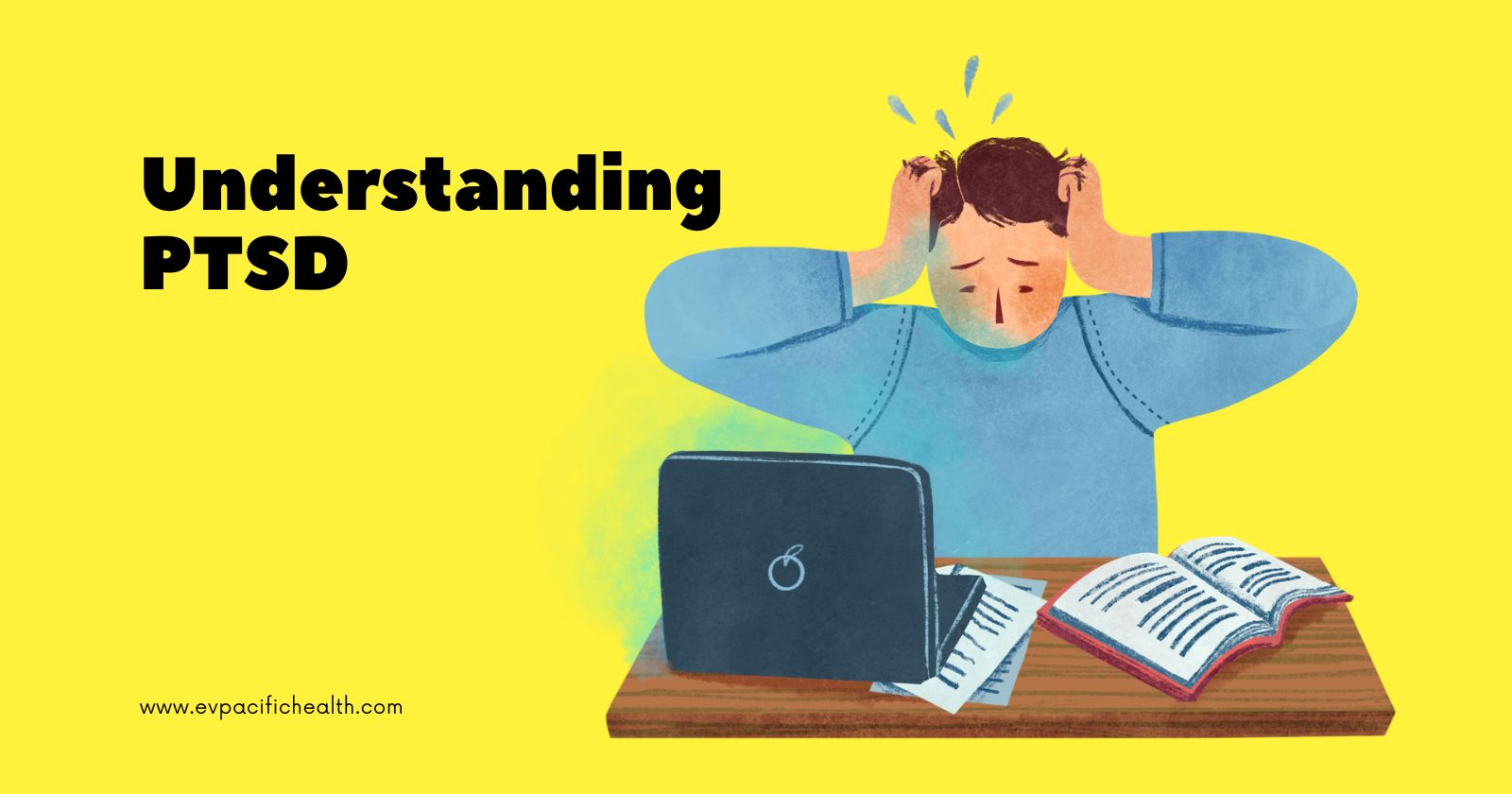
Symptoms of PTSD
Post-traumatic stress disorder (PTSD) is a mental illness or health condition that some people develop after experiencing a shocking, scary, or dangerous event. Common symptoms of PTSD can be divided into four categories:
- Re-experiencing symptoms: These include flashbacks, nightmares, and intrusive memories of the traumatic event.
- Avoidance symptoms: People with PTSD may avoid places, people, or situations that remind them of the trauma. They might also avoid talking about the event or their feelings related to it.
- Arousal symptoms: These involve constant feelings of increased alertness, anxiety, and irritability. People might have difficulty sleeping, be easily startled, or experience angry outbursts.
- Negative thoughts and mood changes: PTSD can lead to feelings of guilt, depression, and difficulty experiencing positive emotions. In such people, anger is a normal reaction.
Causes and Risk Factors
The main cause of PTSD is exposure to a traumatic event, such as natural disasters, accidents, combat, or sexual assault. However, not everyone who experiences trauma will develop PTSD. There are several risk factors that may increase the likelihood of developing the disorder:
- Having a history of mental health issues
- Lacking social support after the trauma
- Experiencing additional stressors following the event
- Having a family history of PTSD or other mental health disorders
Diagnosis and Treatment
Diagnosis of PTSD typically involves a thorough assessment by a mental health professional, who will evaluate the presence and severity of symptoms. Once diagnosed, treatment options for PTSD may include:
- Counseling: Therapies such as cognitive-behavioral therapy (CBT), prolonged exposure therapy, and eye movement desensitization and reprocessing (EMDR) have been shown to be effective in treating PTSD.
- Medication: Antidepressants and anti-anxiety medications can help manage symptoms related to depression, anxiety, and sleep disturbances.
- Family therapy: This involves working with loved ones to improve communication, maintain good relationships, and cope with tough emotions.
- Lifestyle changes: Regular exercise, relaxation techniques, and maintaining a healthy sleep schedule can also support recovery.
It’s important to remember that with proper support and treatment, people with PTSD can work towards recovery and regain a sense of control over their lives.
PTSD Family Support in Recovery
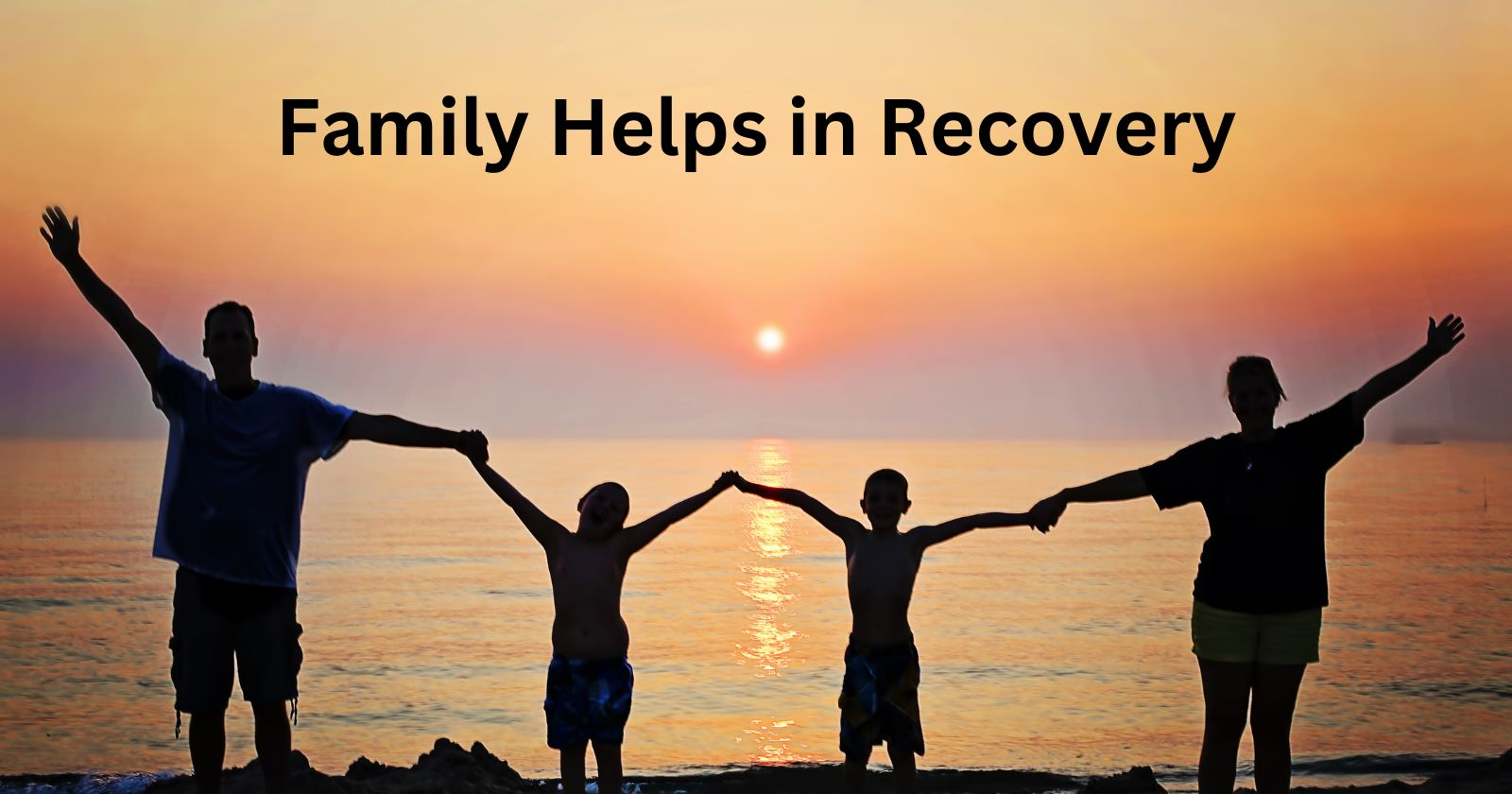
The role of the family’s own support system is incredibly important in the recovery process for someone with post-traumatic stress disorder (PTSD). Support from family members can greatly affect the success of the treatment as it encourages open communication and provides a safe environment.
Role of Family Members
Family members play a crucial role in providing medical review and social support to their loved ones with PTSD. This support from family medicine may come in various forms:
- Emotional support: Offering a shoulder to lean on, compassionate listening, and validation of the person’s feelings and experiences.
- Practical support: Assisting with daily tasks, accompanying them to appointments, or helping them manage their symptoms.
- Encouragement: Supporting the individual in seeking treatment and participating in the recovery process.
Family members should also take care of themselves, ensuring they have access to their family activities’ own support systems, group activities, and resources to maintain their well-being.
Creating a Safe Environment
Creating a safe and comfortable environment is essential for the recovery of a person with PTSD and may include:
- Providing a stable and secure home environment.
- Being aware of and understanding potential triggers, such as sounds, smells, or situations that might cause distress.
- Establishing routines and structure in daily life.
- Offering companionship and comfort during difficult moments.
Family members can also educate themselves about PTSD, which will help them recognize signs and symptoms, better understand what their loved one is experiencing, and respond in a supportive manner.
Encouraging Open Communication
Open communication is critical for maintaining strong relationships among family members and friends. This can help alleviate feelings of isolation and disconnection suffered by those with PTSD. Some ways to encourage open communication include:
- Creating opportunities for honest and open conversations.
- Listening actively without interrupting or offering unsolicited advice.
- Validating their feelings and experiences, honoring their thoughts and emotions.
- Respecting their boundaries and giving them space when needed.
In some cases, family therapy may be helpful in enhancing communication, reinforcing hurt relationships, and addressing challenges posed by PTSD within the whole family or unit.
Resources for PTSD Recovery

Veterans Affairs Resources
The U.S. Department of Veterans Affairs offers a range of resources and support services specifically for veterans and their families dealing with PTSD. The National Center for PTSD is part of the VA and serves as a primary source of information and assistance. They provide:
- Educational materials to better understand PTSD
- Tools for screening and assessment
- Information about evidence-based treatments
The VA also offers the Coaching Into Care program, which helps families and friends of returning veterans find the right words to encourage their loved ones to seek care.
National Organizations and Agencies
There are several national organizations dedicated to providing resources and support for individuals and families affected by PTSD:
- National Institute of Mental Health (NIMH): Offers information on PTSD, its symptoms, and available treatments.
- National Alliance on Mental Illness (NAMI): Provides support, education, and advocacy for people with mental health conditions and their families.
Local Support Groups
Local support groups can be a valuable resource for those coping with PTSD. These groups provide:
- Peer support from others who have experienced similar challenges
- Opportunities to share coping strategies and resources
- A safe space to discuss feelings and experiences without judgment
To find a local support group, consider searching through resources such as:
- Psychological Health Resource Center: Offers a directory of support groups for various mental health conditions, including PTSD.
- PTSD support groups: Check with local hospitals, clinics, or community centers for PTSD support group listings.
- PTSD help: Consult with a mental health professional or primary care provider for recommendations on local PTSD support groups.
By leveraging these resources and taking an active role in PTSD recovery, individuals and their families can better understand, manage, and overcome the challenges associated with post-traumatic stress disorder.
Coping Strategies

Self-Care and Mindfulness
Practicing self-care is essential for those recovering from PTSD, as it promotes overall mental health and well-being. It includes activities and routines that foster physical, emotional, and mental health. Examples of self-care activities are exercise, proper sleep, and a balanced diet. Mindfulness, on the other hand, is the practice of being present and aware of your thoughts and emotions, without judgment. Mindfulness techniques, such as meditation and deep breathing, can help individuals with PTSD manage their symptoms and improve their overall mental health.
Managing Stress and Anxiety
Coping with stress and anxiety is crucial for individuals recovering from PTSD. Stress management techniques, such as deep breathing, progressive muscle relaxation, and PTSD-specific coping skills, can help manage and reduce anxiety levels. Furthermore, seeking support from friends, family members, or mental health professionals can be invaluable in alleviating stress and anxiety during the recovery process.
Balancing Work and Personal Life
Finding a healthy balance between work and personal life is a crucial aspect of PTSD recovery. It is essential for individuals with PTSD to establish routines and boundaries that help them maintain their mental health while managing their professional responsibilities. For example, setting specific work hours, taking regular breaks, and practicing communication skills can help create a better work-life balance. Additionally, engaging in hobbies and leisure activities that foster relaxation and personal growth can contribute to a more balanced life.
By focusing on self-care, managing stress and anxiety, and finding balance in work and personal life, individuals with PTSD can effectively cope with their symptoms and work towards recovery. With the support of friends, family, and mental health professionals, recovery from PTSD can be a manageable and successful journey.
Challenges and Tips for Engaging in Support
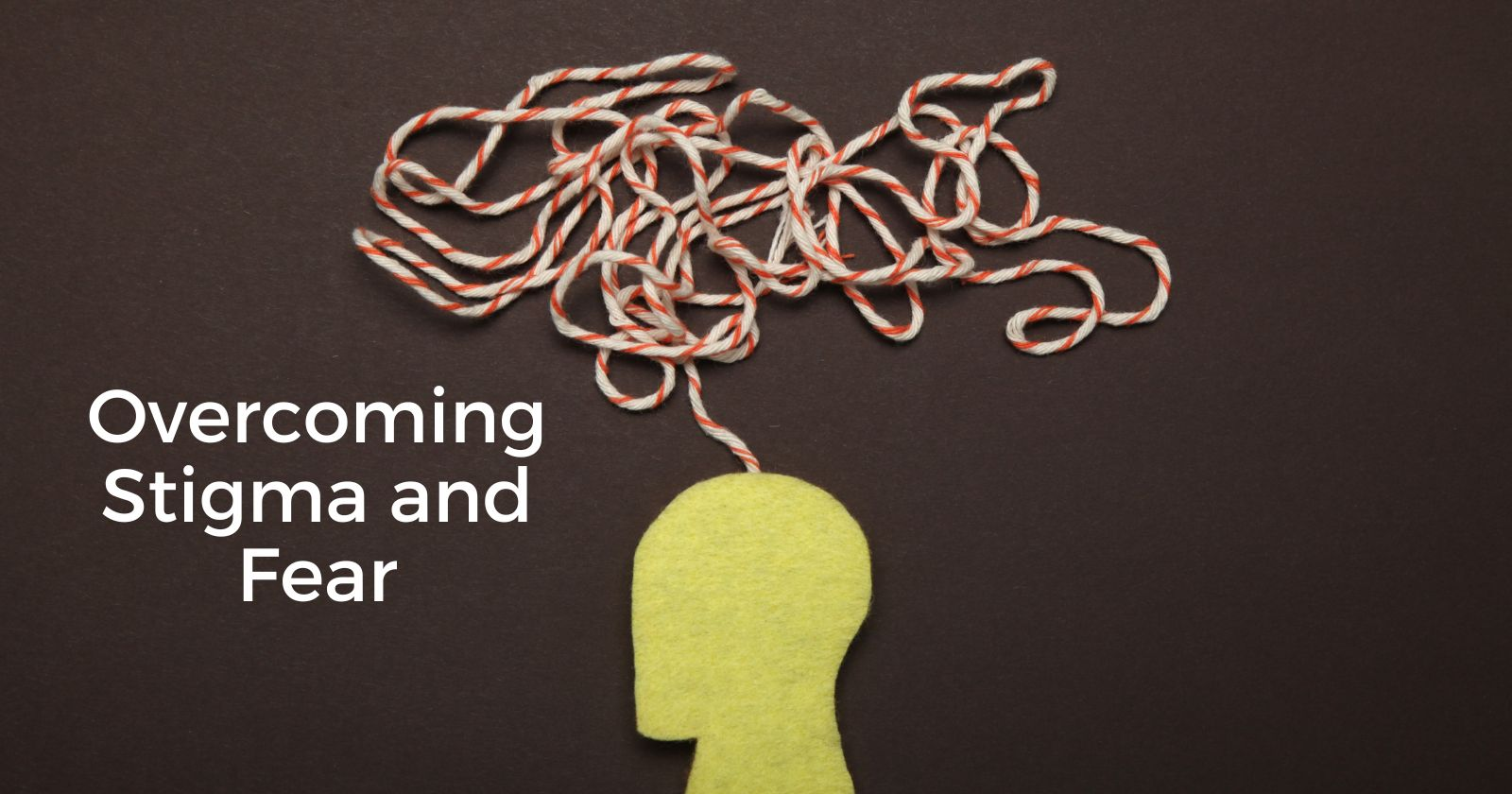
Overcoming Stigma and Fear
Post-traumatic stress disorder (PTSD) affects individuals of all ages and from various backgrounds, including veterans, survivors of substance abuse or trauma, and even people who have experienced natural disasters. One significant challenge in seeking and providing support for PTSD recovery is overcoming the stigma that surrounds mental health issues. Men, in particular, might find it harder to discuss their struggles or admit that they need help openly.
To help a friend or loved one grappling with PTSD, it’s essential to create an environment of understanding, support system, and empathy. Encourage open conversations about mental health and normalize seeking help from a therapist or other mental health professionals. Additionally, educate yourself and others about PTSD, its symptoms, and the available treatment options.
Building Trust and Connection
Establishing trust and connection is fundamental in supporting someone with PTSD. People who have experienced trauma might find it difficult to trust others or feel safe in their surroundings. As friends or family members, it’s crucial to respect their boundaries and be patient in the process of rebuilding their sense of safety.
Consider these tips:
- Actively listen to their experiences and emotions without judgment.
- Encourage them to express their feelings at their own pace.
- Offer a sense of stability and consistency.
- Be there for them during difficult moments, like during a crisis or when they experience anxiety disorders.
- Assist in finding professional help and support groups to foster a sense of connection.
Cultural differences can play a role in how individuals perceive and cope with PTSD. It’s important to understand and respect these differences when offering support. For instance, some cultures might have specific expectations for how one should deal with emotions or view seeking help as a sign of weakness. In these cases, offering support might require a more delicate approach or the use of culturally sensitive language.
When interacting with someone with a different cultural background:
- Be aware of any potential language barriers, and consider offering materials or resources en español or another language when necessary.
- Learn about the person’s cultural values and beliefs, ensuring you approach them with understanding and respect.
- Collaborate with mental health professionals who are experienced in providing culturally competent care.
By understanding the challenges and utilizing all the answers and tips in offering support, friends, and family can play a vital role in PTSD helping their loved ones recover from PTSD. With patience, empathy, good ideas, and the right approach, the journey toward healing becomes more accessible and effective.
Special Considerations for Specific Populations
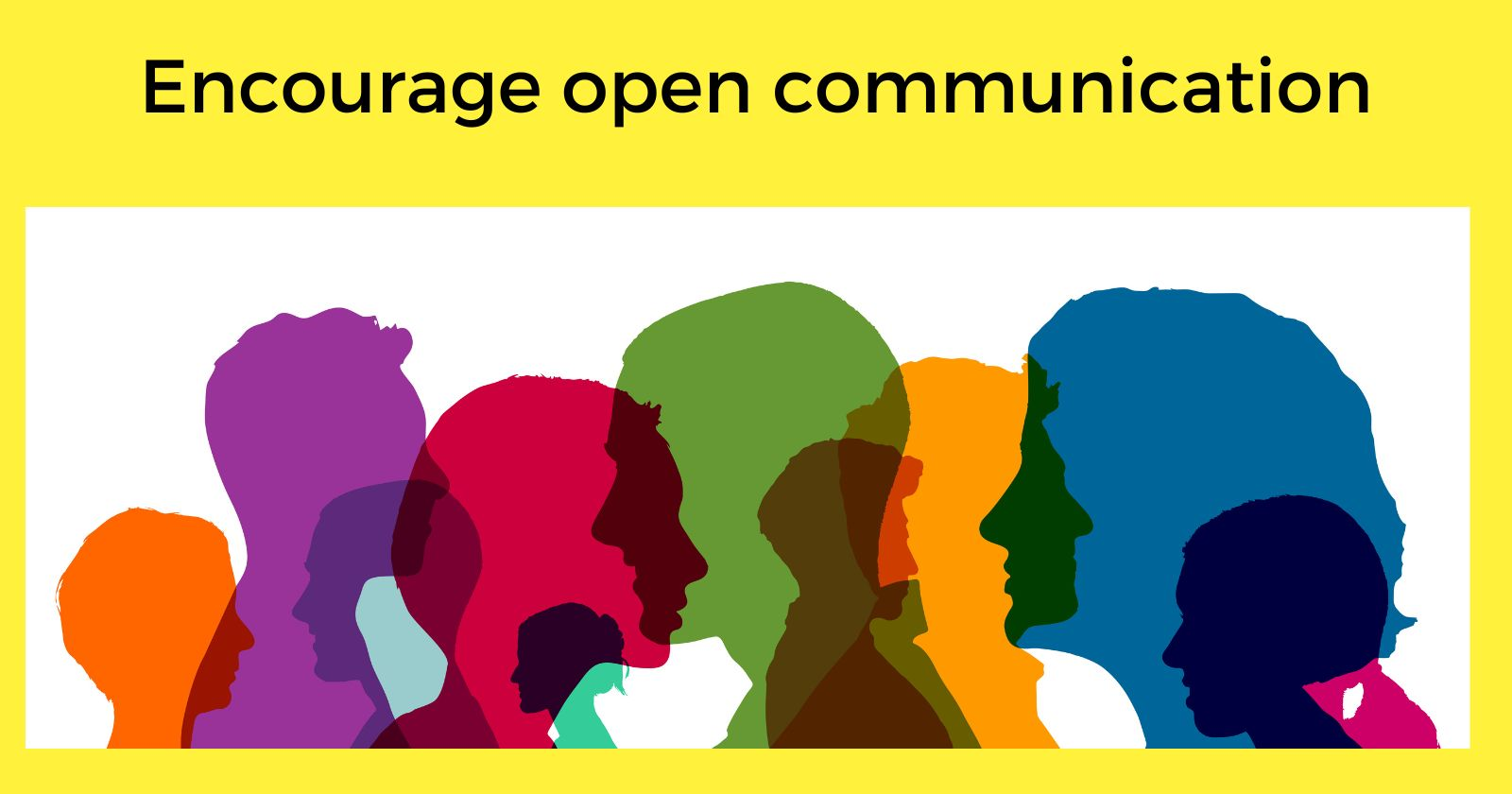
In the journey of PTSD recovery, support from family and friends is crucial. Here, we will discuss special considerations for specific populations, such as combat veterans, sexual assault survivors, and children and adolescents.
Combat Veterans
Combat veterans often face unique challenges in their PTSD recovery. Due to their military background, they might experience difficulty asking for help or discussing their traumatic experiences in family life. Family members can encourage the veteran to seek professional help and utilize resources like the VA Caregiver Support Program for additional support.
It is essential for family members to educate themselves about PTSD symptoms and treatments specific to combat veterans. Understanding common triggers, like loud noises or sudden movements, can help them create a supportive environment for their loved ones.
Sexual Assault Survivors
Survivors of sexual assault are at high risk for developing PTSD. Their healing and recovery process is often challenging due to feelings of shame, guilt, and fear. Family members can help by creating a safe space for the person and the survivor to feel comfortable discussing their trauma without fear of judgment or blame.
Offering emotional support and empathy during this time can help in maintaining an open line of communication. Encouraging survivors to seek professional help from a doctor or visit a trauma specialist can also play a vital role in their recovery.
Children and Adolescents
Children and adolescents with PTSD require different approaches in comparison to adults. Their symptoms might manifest differently, as seen for PTSD in children 6 years and younger.
For children and adolescents:
- Encourage open communication and give them room to express their feelings
- Maintain a routine and predictable environment to help them feel secure
- Seek professional help from a child psychologist or a therapist specializing in child trauma
Family members should educate themselves about treatment options for children with PTSD and collaborate with professionals to create a tailored approach for their loved one’s healing process.
